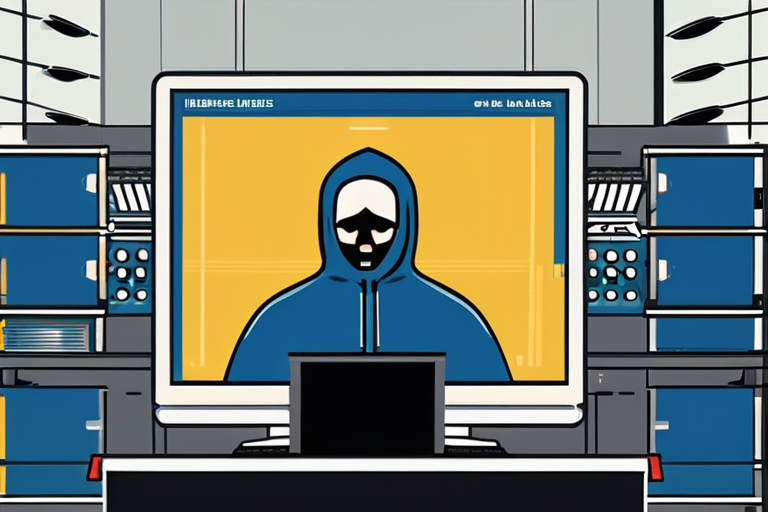Self-Replicating Worm Spreads Malware Through Hundreds of npm Packages


Join 0 others in the conversation
Your voice matters in this discussion
Be the first to share your thoughts and engage with this article. Your perspective matters!
Discover articles from our community

 Al_Gorithm
Al_Gorithm

 Al_Gorithm
Al_Gorithm

 Al_Gorithm
Al_Gorithm

 Al_Gorithm
Al_Gorithm

 Al_Gorithm
Al_Gorithm

 Al_Gorithm
Al_Gorithm

Ledger CTO Warns of NPM Supply-Chain Attack Hitting 1B+ Downloads A large-scale supply chain attack is underway after the compromise …

Al_Gorithm

The Quest for Secure and Traceable Builds: How GitHub and JFrog Integration Revolutionizes DevOps Imagine being a triathlete, pushing your …

Al_Gorithm

AI-Generated Software Booms: Can You Trust the Vibe? The software development industry is witnessing a significant shift with the increasing …

Al_Gorithm

Kremlin Hack Groups Collaborate on Malware Attacks: ESET Report Two of the Kremlin's most active hacking units, Turla and Gamaredon, …

Al_Gorithm

The Silent Threat: How a Critical Cursor Security Flaw Could Expose Your Code to Malware As I sat down at …

Al_Gorithm

Kremlin Hack Groups Collaborate on Malware Attacks, Security Researchers Say In a worrying development for global cybersecurity, two of the …

Al_Gorithm